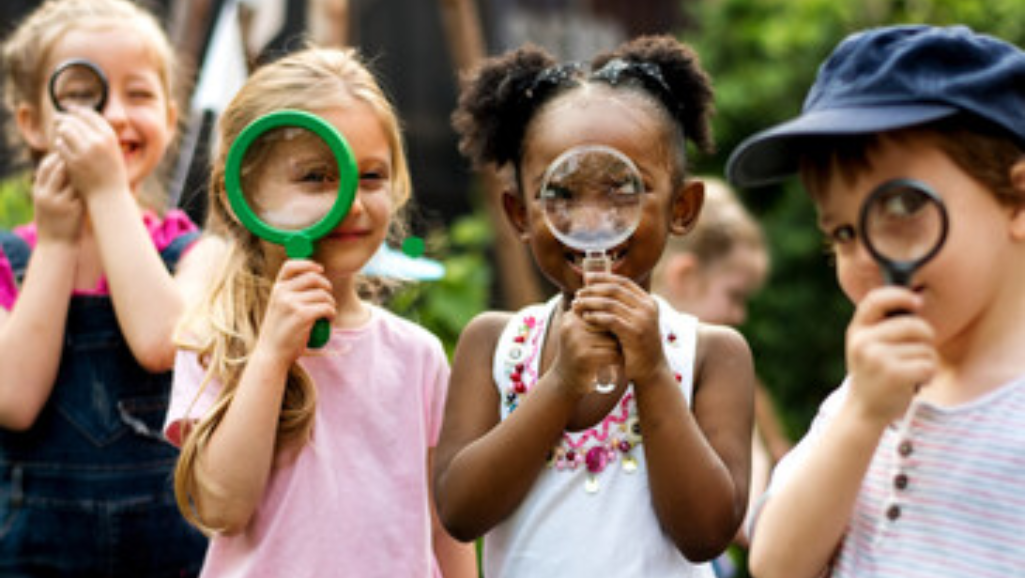Are you wondering if your child is ready for kindergarten? It’s important to consider their age, developmental milestones, social and emotional skills, independence, self-care abilities, language and communication skills, as well as cognitive and academic readiness. In this article, we will guide you through the key factors to determine if your child is prepared for this exciting new chapter in their life. Let’s dive in and find out if they’re ready!
Age and Developmental Milestones
To determine if your child is ready for kindergarten, assess their age and developmental milestones. School readiness is a crucial factor in determining whether your child is prepared to start their educational journey. Preschool readiness plays a significant role in shaping their future academic success.
Firstly, consider your child’s age. Most children start kindergarten at the age of five or six, depending on their birthdate and the entry requirements of your local school district. While age is not the sole determinant of readiness, it provides a general guideline for assessing your child’s preparedness.
Next, evaluate your child’s developmental milestones. These milestones encompass various areas such as language skills, social interaction, fine and gross motor skills, and cognitive abilities. Your child should be able to follow simple instructions, engage in conversations, interact with peers, and demonstrate age-appropriate physical abilities.
Additionally, observe your child’s behavior and temperament. Are they able to manage their emotions and follow basic rules? Do they show curiosity and a willingness to learn? These aspects contribute to their overall readiness for kindergarten.
Social and Emotional Skills
Your child’s social and emotional skills are crucial indicators of their readiness for kindergarten. Developing empathy and cooperation are important qualities that will help your child navigate social interactions with their peers and teachers. Kindergarten is a time when children are encouraged to work together, share, take turns, and listen to others. Being able to understand and respond to the feelings of others is a key aspect of empathy, and it helps foster positive relationships. Cooperation involves working together towards a common goal, whether it’s completing a puzzle or participating in a group activity.
Additionally, self-regulation and impulse control are essential skills for your child to have before entering kindergarten. Being able to manage their emotions and behavior is important for a successful transition into a structured classroom environment. Self-regulation allows your child to handle frustration, follow rules, and stay focused on tasks. Impulse control helps them think before acting, which is necessary for maintaining a harmonious classroom atmosphere.
Independence and Self-Care Abilities
Developing independence and self-care abilities is crucial for your child to thrive in kindergarten. In order to ensure that your child is ready for this milestone, it is important to assess their daily routines and problem-solving skills.
| Skills to Assess | Examples | Importance |
|---|---|---|
| Daily Routines | Can your child dress themselves? Can they use the bathroom independently? Can they follow a simple morning routine? | Developing daily routines is essential for a smooth transition into kindergarten. It allows your child to take responsibility for their own needs and fosters a sense of independence. |
| Problem Solving Skills | Does your child try to solve problems on their own before seeking help? Can they come up with creative solutions to simple challenges? | Problem-solving skills are necessary for navigating social interactions and academic tasks in kindergarten. It helps your child become more self-reliant and confident in their abilities. |
Language and Communication Skills
Assess your child’s readiness for kindergarten by evaluating their language and communication skills. These skills play a crucial role in your child’s ability to interact with their peers and educators, as well as in their overall academic success. Here are some things to consider when assessing your child’s language and communication skills:
- Vocabulary development: Pay attention to your child’s ability to understand and use words. Are they able to follow simple instructions? Do they use a variety of words to express their thoughts and needs? A strong vocabulary is essential for effective communication and comprehension.
- Expressive language skills: Take note of how well your child can express themselves verbally. Do they use complete sentences? Can they convey their thoughts and feelings clearly? Being able to articulate their ideas and emotions is important for effective communication and building relationships.
- Listening and comprehension: Evaluate your child’s ability to listen and understand what is being said. Do they follow directions and respond appropriately? Can they comprehend stories and answer questions about them? Good listening and comprehension skills are vital for classroom participation and learning.
Cognitive and Academic Readiness
Evaluate your child’s cognitive and academic readiness for kindergarten by considering their problem-solving abilities and foundational academic skills. It is important to assess whether your child possesses the necessary skills to navigate the cognitive demands of kindergarten. Problem-solving skills and critical thinking abilities are key indicators of cognitive readiness. Kindergarten classrooms require children to think critically, solve problems, and engage in logical reasoning.
To determine your child’s problem-solving skills, observe how they approach and solve puzzles, riddles, and challenges. Can they identify patterns, make connections, and find solutions independently? Can they analyze information and draw logical conclusions? These skills are vital for success in kindergarten.
Additionally, assess your child’s foundational academic skills. Can they recognize and write their letters and numbers? Do they have a basic understanding of shapes, colors, and sizes? Can they follow simple instructions and engage in basic counting and number recognition? These skills provide a solid foundation for academic success in kindergarten.
Ensuring that your child possesses strong problem-solving abilities and foundational academic skills will set them up for success in kindergarten. By evaluating these areas, you can better determine if your child is ready to tackle the cognitive and academic challenges that await them.




